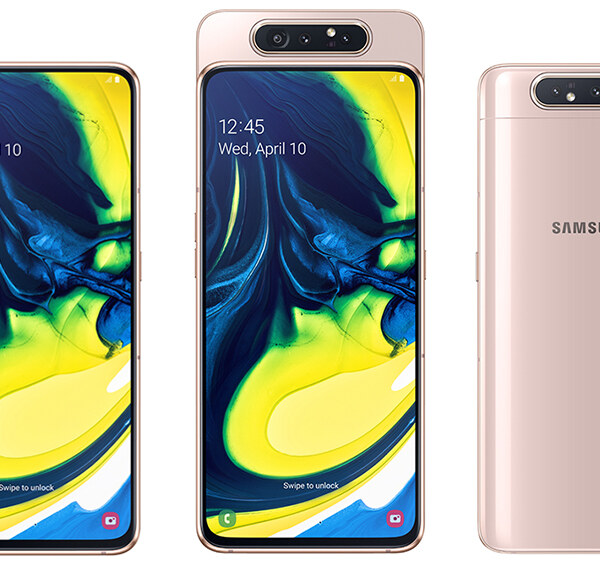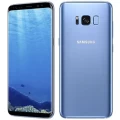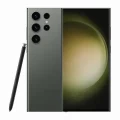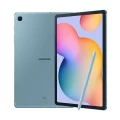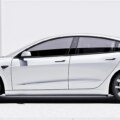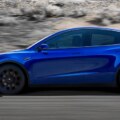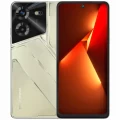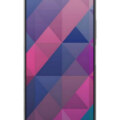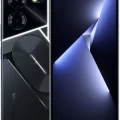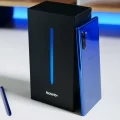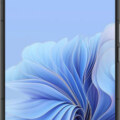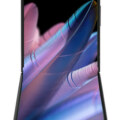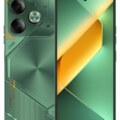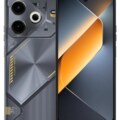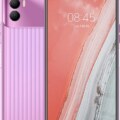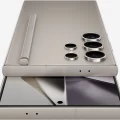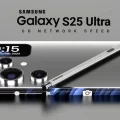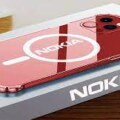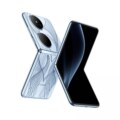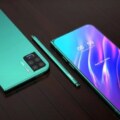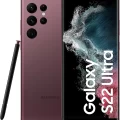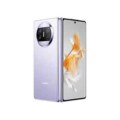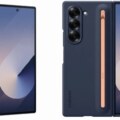The Samsung Galaxy A80 Price in Nigeria is 380,000 Naira and this includes Lagos, Abuja, Kano, Rivers, Ogun, Oyo, Delta, Kaduna, Edo, Enugu, Port Harcourt, Ibadan, Benin, Owerri, Warri.
The Samsung Galaxy A80 introduced an innovative rotating camera module, unlike any other smartphone on the market. After using this device, here are my thoughts on Samsung’s unique approach to borderless selfies.
Design and Display
With its all-glass shell, the Samsung Galaxy A80 feels suitably premium for its price tag. The 6.7-inch FHD+ AMOLED display with tiny bezels provides an immersive viewing experience. Colors are vibrant and blacks are deep, thanks to the OLED panel. Build quality is excellent overall.
Rotating Camera
The standout feature is the 48MP + 8MP motorized pop-up rotating triple camera. Instead of a selfie camera cutout, the entire rear camera module flips around to the front for perfect self-portraits. The mechanism works smoothly and the motor makes little noise. The front and rear shots are identical in quality.
Performance and Specs
Powering the A80 is the capable Snapdragon 730 chip paired with 8GB RAM. Daily tasks are handled with ease and graphics-intensive games run smoothly. Internal storage is a reasonable 128GB. With no microSD support, you’ll need to manage storage carefully.
Battery Life and Software
The 3,700mAh battery provided over a day of use on a single charge in my testing. 25W fast charging topped it up quickly when needed. The software is Android 9 Pie with Samsung’s One UI. Updates were limited to Android 10, which is disappointing for a 2019 flagship.
Cameras
The Samsung Galaxy A80 primary 48MP camera takes detailed shots. The 8MP ultrawide captures impressive landscapes. Photos have accurate colors though low light performance could be better. 4K video recording is smooth with effective stabilization.
Conclusion
While not a mainstream success, the Galaxy A80 pushed boundaries with its groundbreaking pop-up camera design. It delivers a premium build, sharp AMOLED screen, and versatile spinning lens. However limited software support and lack of expandable storage hold it back slightly. Nonetheless, the A80 remains a unique device in Samsung’s catalog.
